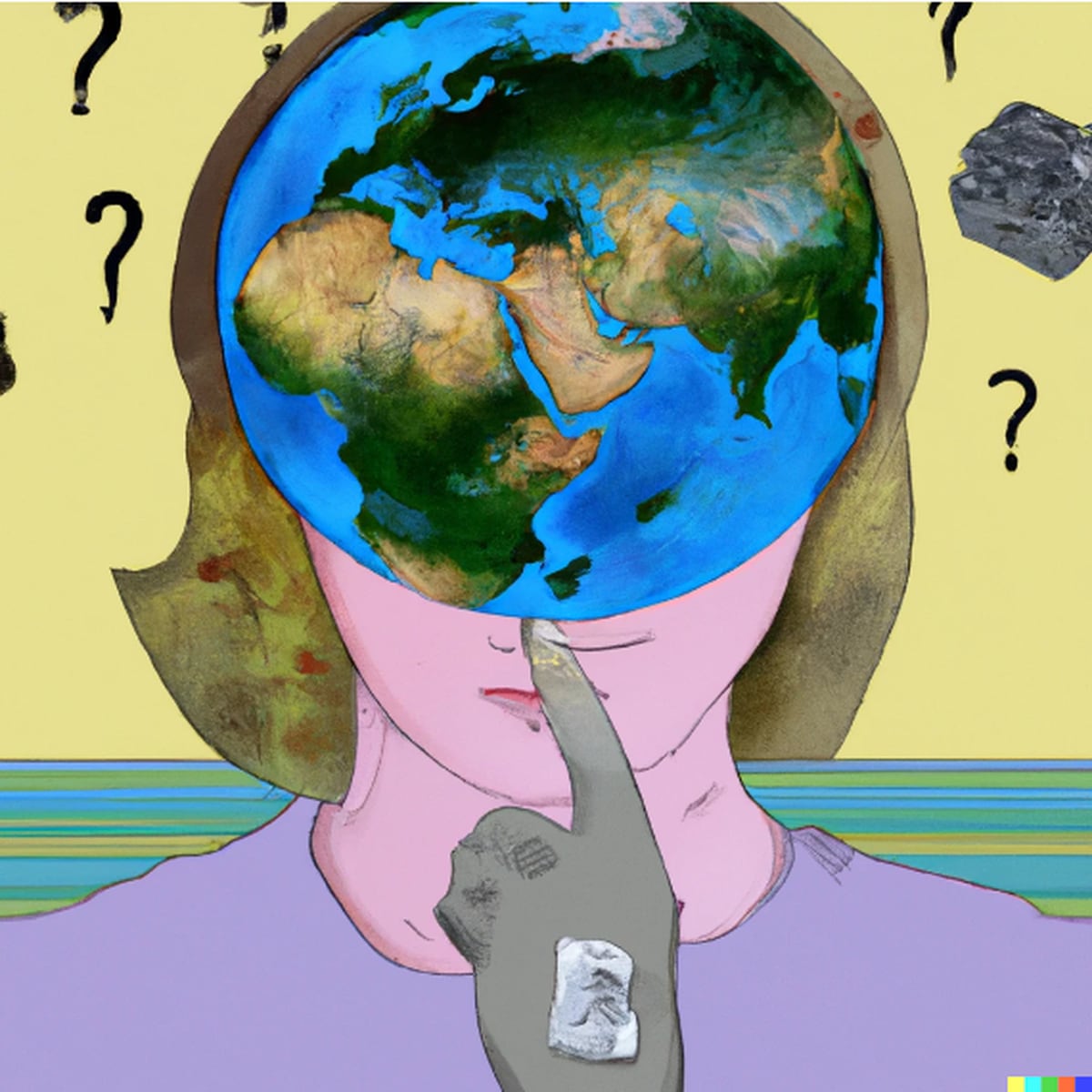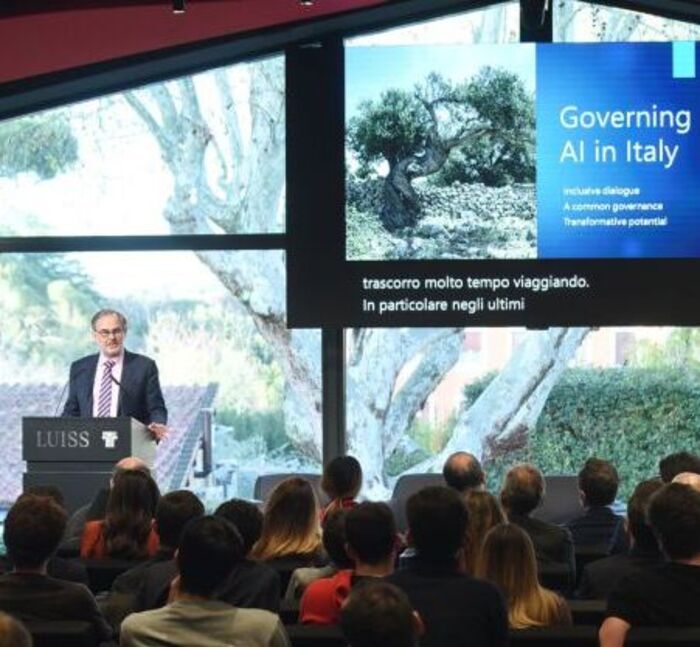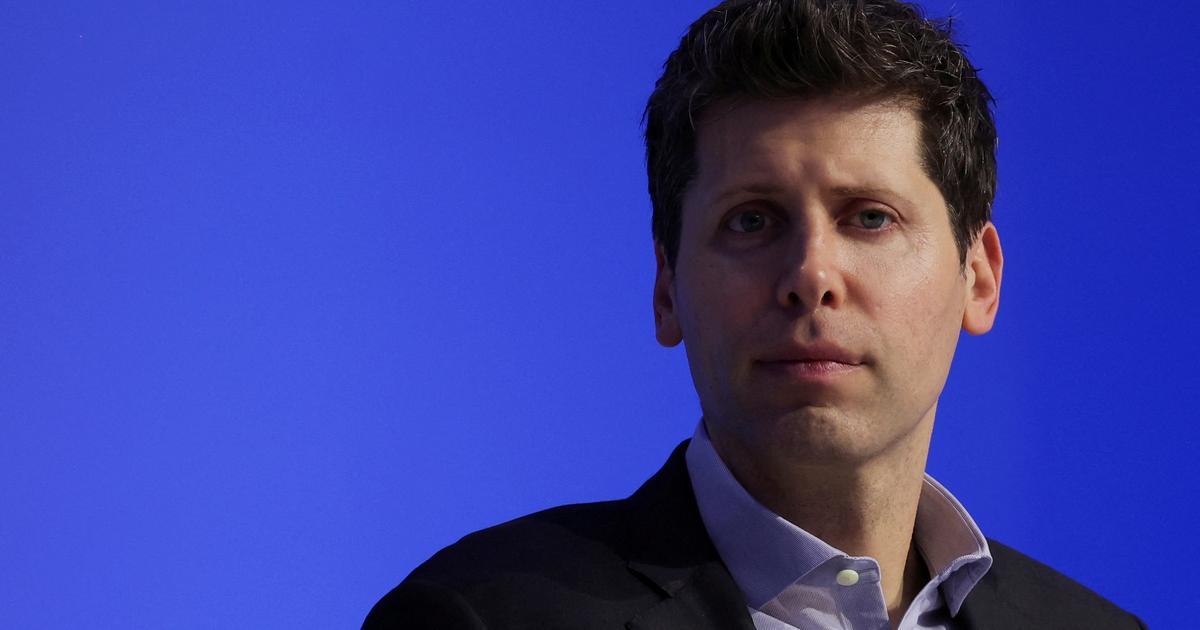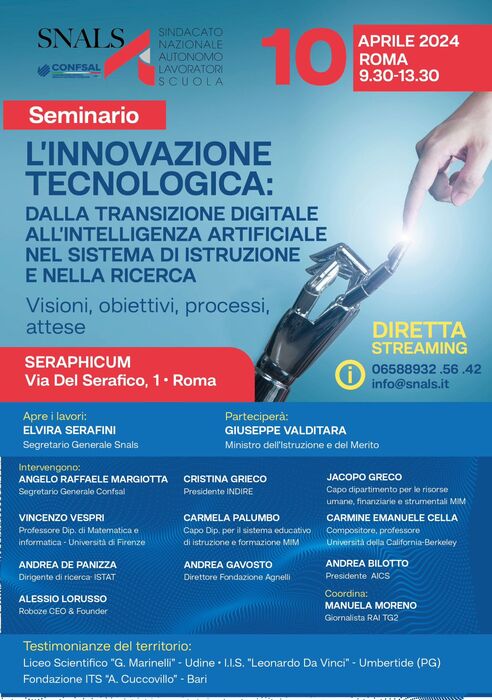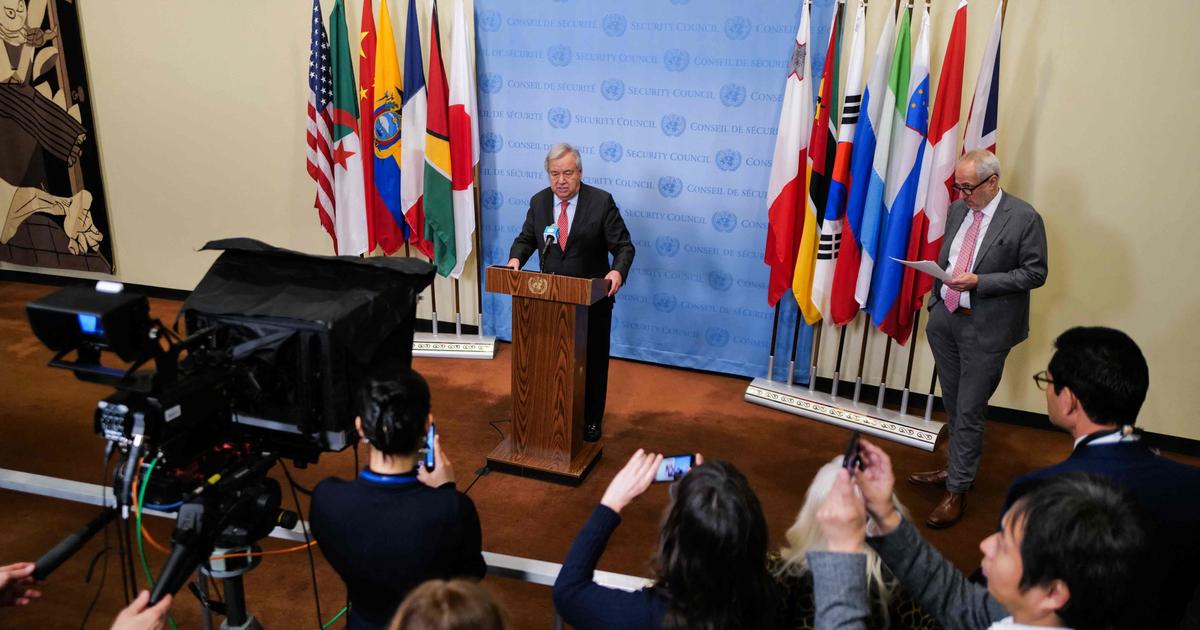Chat systems based on the language model by Artificial Intelligence (AI)ChatGPT or Bing connect humans and computers.
They generate content such as texts, data analysis or computer programming through question-answer dialogues.
Asked what they are, he replied: “ChatGPT and Bing are artificial intelligence-based natural language processing systems that use machine learning algorithms and models to understand, analyze, and generate human language.”
According to Google, ChatGPT reached the peak of popularity on the internet in just three months.
Captured 100 million customers in a month.
He came to stay and can help us.
For example, quickly query and connect volumes of data like humans cannot.
However, in addition to virtues and opportunities, there are risks.
Let's imagine how manipulable many people would be if they naively believed they were related to an oracle.
ChatGPT is a black box.
It is not transparent.
He does not cite his sources, even on demand, making it difficult to know the rigor of his answers.
What are your biases?
How do you prioritize certain power relationships, data, knowledge, languages and cultures?
Do you put the Anglo-Saxon perception before?
Would the patterns of questionable sustainability of the dominant spheres be reinforced, homogenizing the world even more?
Who has the power to control the AI?
Would power be further centralized?
Would governments manage to regulate AI in time?
Referents in artificial intelligence such as Max Tegmark, president of the Institute for the Future of Life at MIT;
Stwart Russell, Professor of Computer Science at UC Berkeley;
o Eric Schmidt, former CEO of Google (2001-2011) significantly agree: the future of humanity depends on our ability to understand this type of black box, control it, implement transparency, rigor, ethics and humanistic purposes.
Prioritizing profit would be catastrophic.
The report
The Good Tech
warns about the threats of those who profit from technology claiming to improve the world.
In a similar vein, according to Harvard emeritus professor Shoshana Zuboff, there are technologies reinforcing convictions and biases to control customers and profit from their data and
likes
.
Many people already assume content biased by technology as the absolute truth.
For example, Facebook (Meta) and Cambridge Analytica manipulated 50 million voters in the United States elections (2016).
This control undermines the ability to understand the ideas of those who think differently, polarizes, undermines the democratic quality of our systems, and amplifies unsustainable social inequality.
The lack of transparency, rigor and critical capacity already compromise our sustainability and ability to debate.
Let's imagine how manipulable many people would be if they naively believed they were related to an oracle.
A week ago, Bing (Microsoft) suggested to a journalist from The New York Times that he change his wife to Bing.
How can this influence interpersonal relationships if rigor and critical skills are in short supply?
AI and sustainability
The relationship between AI and sustainability is direct.
The first is an opportunity, and one of the greatest risks, for the harmonious survival of the human being.
I talked about it with ChatGPT and this is what he replied:
The ChatGPT system answers the question about the relationship between AI and sustainability.
Paradoxically, artificial intelligence feeds debates with doubts and questions that are more transcendental than their answers.
ChatGPT answers that it can be a tool for sustainability.
Their impact will depend on our ability to understand their biases.
For example, when asked, two weeks apart, about his sustainability impacts, his response changed dramatically.
He went on to include its enormous environmental impacts and excluded its crucial risk: its opacity and its biases.
The more we learn to understand AI, the more we can manage risks and guide it towards the sustainability of life.
A necessary discussion agenda
We need discussions that lead us to common ground where we can assess the opportunities and risks of AI for our society.
These fields must be integrating spaces, not polarizing ones, that foster genuine collaboration between different experiences, knowledge and cultures.
Thus, and controlling the AI, we could co-create common projects of society that transform towards a more authentic sustainability: based on social and environmental criteria, and promoter of an economy at the service of people.
AI could contribute to this transformation if education, particularly, began to engage and inspire students to truly collaborate and adopt social criteria when making decisions.
From a systemic perspective, education is the lever of change.
What are students learning to hold, and for whom?
the new education
MIT publishes Robot-Proof: Higher Education in the Age of Artificial Intelligence (Joseph Aoun) under an initiative to reimagine education.
He reveals that education has two main responsibilities and opportunities: to prepare us not to become obsolete and to contain the growing unsustainability and social inequality accelerated by AI.
MIT recommends rethinking educational plans, adopting experiential learning (Experiential Learning) to bring students closer to the field and integrating lifelong learning (Longlife Learning) into the academic purpose.
According to Google, ChatGPT reached the peak of popularity on the internet in just three months.
Captured 100 million customers in a month
This new education on the ground must go on to reinforce what differentiates us from AI: creative skills and interpersonal interaction to establish quality dialogues, collaborate as a team, empathize, think systemically, connecting diverse ideas, or have cultural and global agility.
You must teach how to interact with technology critically and rigorously, considering its biases and levels of neural networks.
The information produced must be managed from a position of autonomy, control, transparency and authentic sustainability.
In a practical way, for example, it is essential to understand
prompts
—how to ask questions and give instructions—, which are elements of interaction between humans and AI.
This way we will obtain more precise and differentiating answers.
In fact, the
prompter
could be an emerging profession.
In addition, it is essential to learn how to configure the parameters.
In ChatGPT the temperature marks the degree of creativity of the responses generated, the
tokens
measure and control the use of the language model.
Transforming demands questioning pre-existing methodologies, frameworks and tools.
It requires acting creatively outside of pre-established patterns, adopting seemingly irrational and unstructured approaches.
Learning to collaborate with AI to sustain life can be fascinating and it's up to us.
Leonardo Martins Dias
carries out multi-stakeholder sustainability projects.
He teaches classes and researches on a more authentic sustainability, currently with a focus on education.
You can follow PLANETA FUTURO on
,
and
, and subscribe
here
to our 'newsletter'
.

